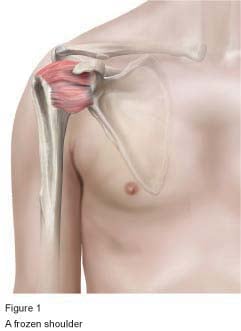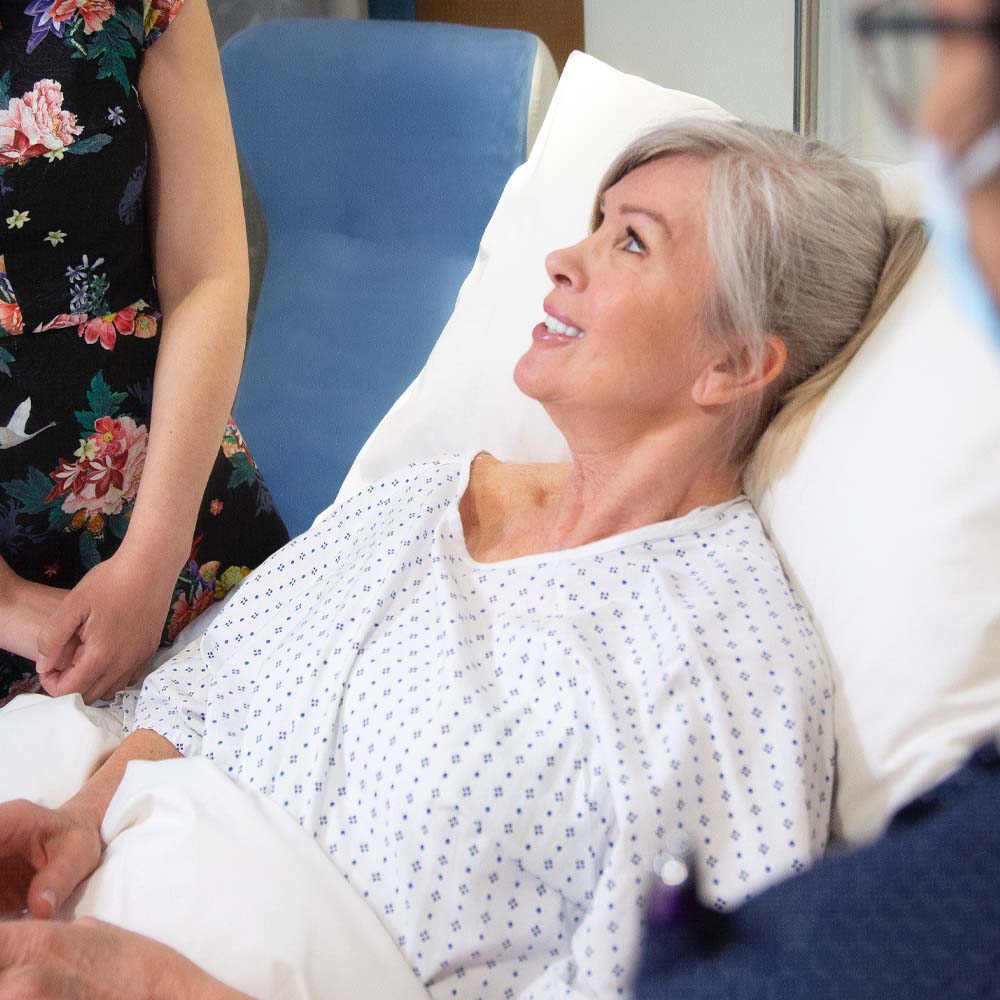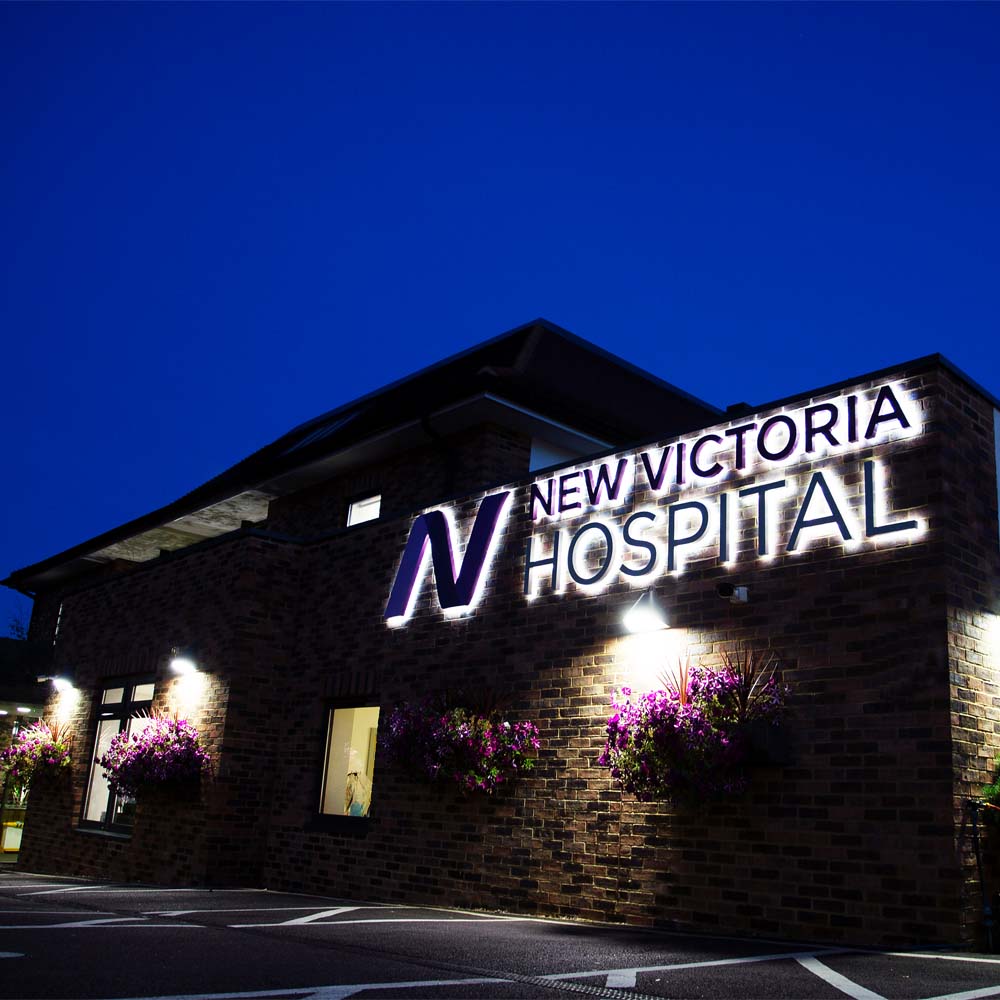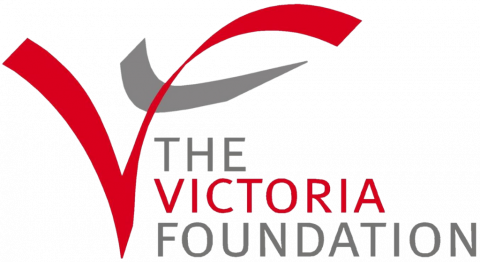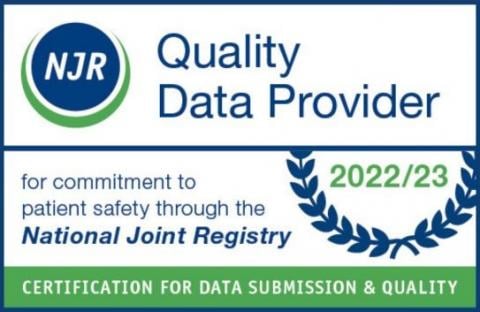This page will give you information about arthroscopic release of frozen shoulder. If you have any questions, you should ask your GP or other relevant health professional.
Consultants and Clinic Times
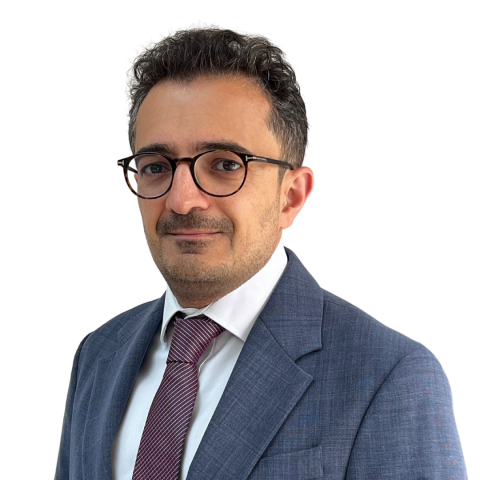
Mr Tony Antonios
BSc (Anatomy), MBBS, PGCertHBE, MSc (T&O), FRCS (T&O)
Specialities
Orthopaedics, Upper Limb Surgery

Mr Giles Heilpern
MA(Hons) MB BS(Hons) FRCSEd(Tr and Orth)
Specialities
Orthopaedics, Knee & Shoulder Surgery
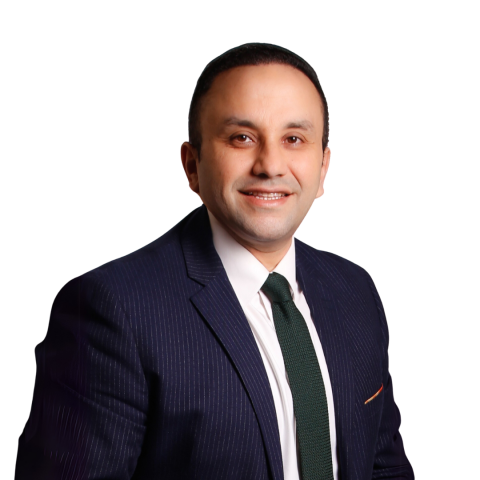
Professor Mo Imam
MD, DSportMed, PhD, FRCS
Specialities
Orthopaedics, Upper Limb Surgery

Mr Mark Proctor
MA FRCS(Orth)
Specialities
Orthopaedics, Knee & Shoulder Surgery

Mr Nashat Siddiqui
MBBS, BSc, FRCS (Tr & Orth)
Specialities
Orthopaedics, Upper Limb Surgery

Mr Ziali Sivardeen
BMed.Sci, AFRCS, FRCS (Tr and Orth)
Specialities
Orthopaedics, Shoulder & Elbow Surgery, Knee Surgery
